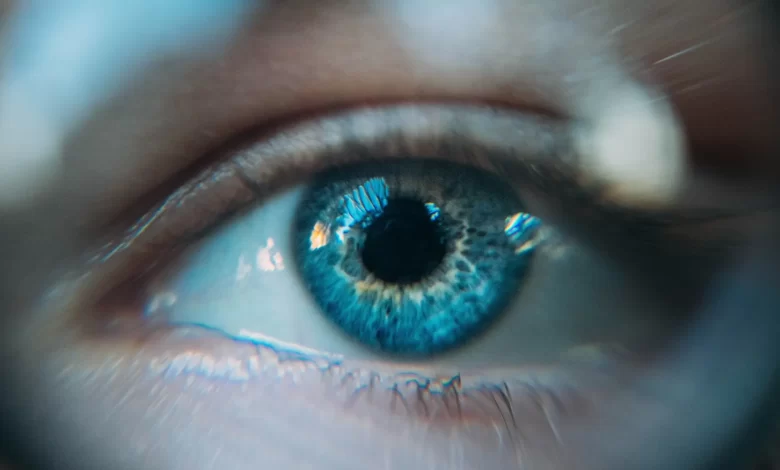
How To Look After Your Eyesight
Our eyes are precious. It’s essential that we take care of them.
However, if you’ve always had good, clear vision, it’s understandable that you might not have given much thought to looking after your eyesight. But it’s important to get into good habits even if you’re not experiencing any issues.
Whether you’ve been meaning to learn more about ensuring your eyesight remains good or you’re well-versed in going for check-ups, here’s a look at the importance of eye care and the steps you can take to protect your eyesight now and in the future.
What is eye care?
Eye care refers to a range of practices and habits aimed at maintaining good eye health. Eye issues among UK residents are common. According to the Royal National Institute of Blind People (RNIB), approximately 2 million people are living with sight loss. A 2020 report called ‘Time to Focus’ from Fight for Sight revealed that the number of those with sight loss in the UK is set to jump to 3.5 million by 2050.
But more than half of the current cases of sight loss are avoidable. There are preventive measures that can help to reduce the risk to your vision.
Eyesight issues
Genetics plays a role in determining the health of your eyes. Glaucoma, for instance, is more likely to affect you if you have a family history of the condition.
But external factors can also impact your eyesight. Common causes of poor eyesight include excessive screen time, poor lighting, and inadequate eye protection during sports or hazardous activities.
Regular eye check-ups can help detect early signs of eye conditions. They also give you the opportunity to get guidance from trained professionals on how to maintain good vision.
Glasses and contacts
One piece of advice you may receive from your optician is to invest in glasses or contact lenses. This will be recommended if you have a sight test and you find that you have a prescription,
Neglecting your vision needs can lead to eye strain, headaches, and a diminished quality of life. Contacts, such as daily contact lenses, and prescription glasses are convenient options for correcting vision. They not only enhance your eyesight but also reduce the risk of eye strain.
Sun safety
Your eyesight can be damaged by prolonged exposure to the sun. Eye problems such as cataracts, macular degeneration, and even eye cancer are linked to UV exposure.
UV regulated sunglasses are a crucial tool for protecting your eyes from harmful UV radiation. Authentic UV-protective sunglasses block harmful UV rays, shielding your eyes from potential damage.
Beware of fake UV glasses that may not provide adequate protection. Always buy sunglasses from reputable sources and check for labels indicating UV protection.
Screen time
Many of us spend hours in front of screens, whether for work or leisure. Prolonged screen time can lead to digital eye strain, also known as computer vision syndrome. Symptoms may include dry eyes, blurred vision, and headaches.
To protect your eyes, consider reducing screen brightness, using night light settings, and taking regular breaks to rest your eyes. Follow the 20-20-20 rule: every 20 minutes, take a 20-second break, and focus on something 20 feet away. Reducing overall screen time and incorporating these habits into your daily routine can go a long way in preserving your eye health.






